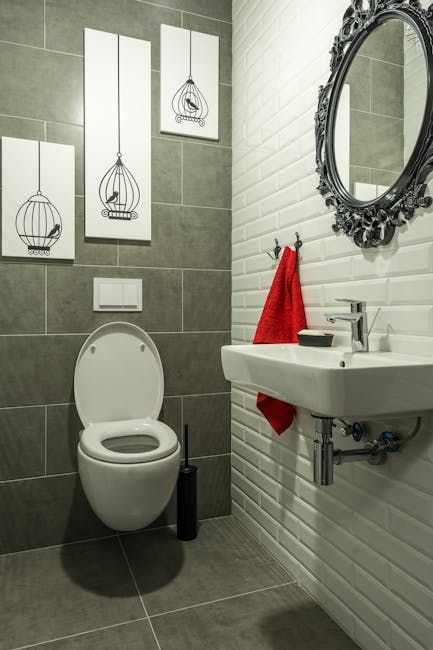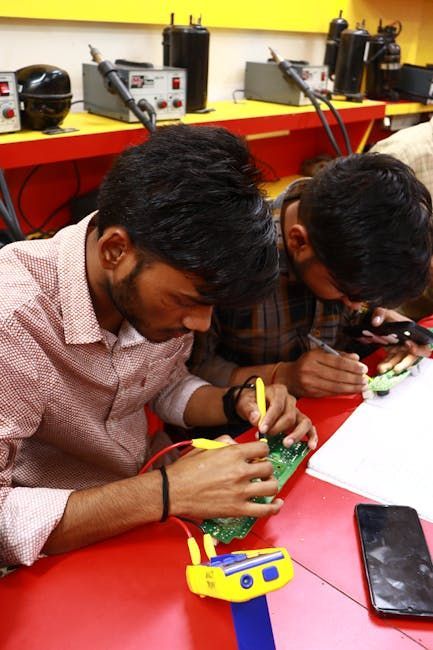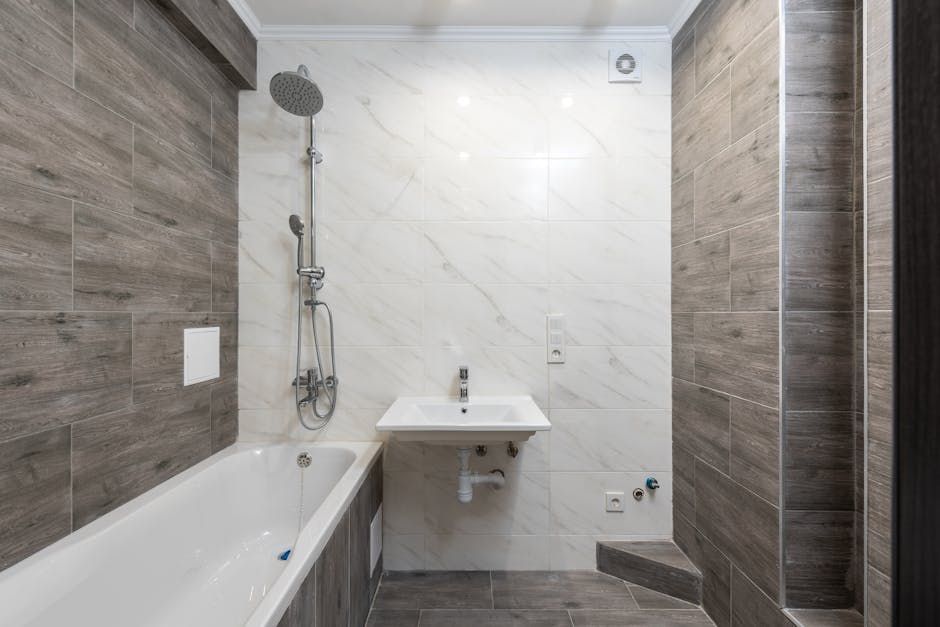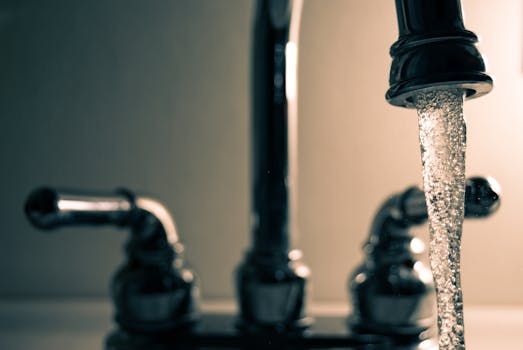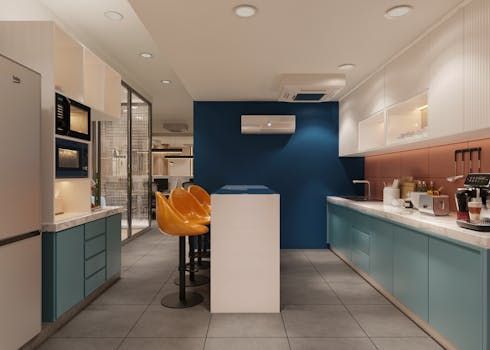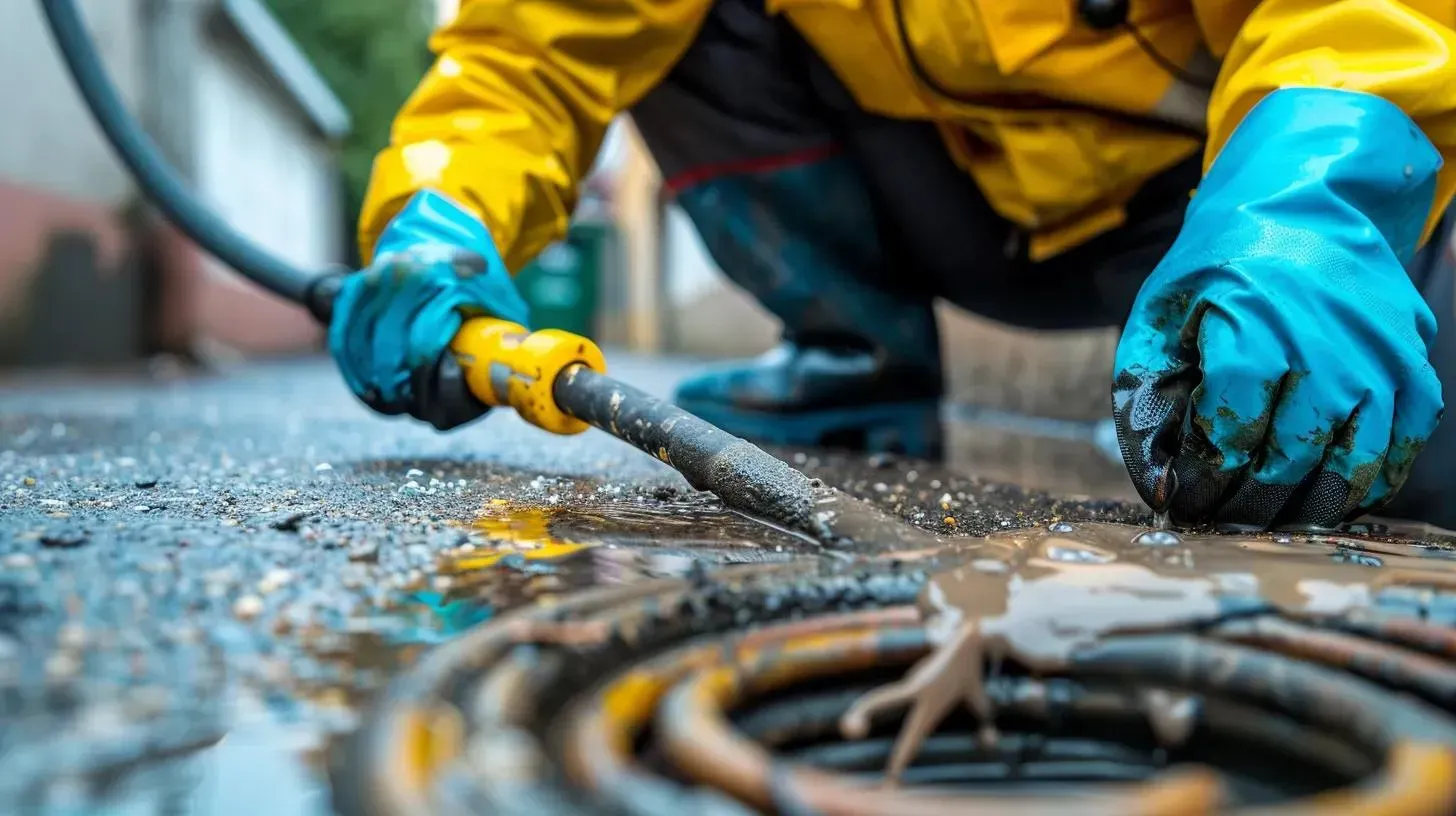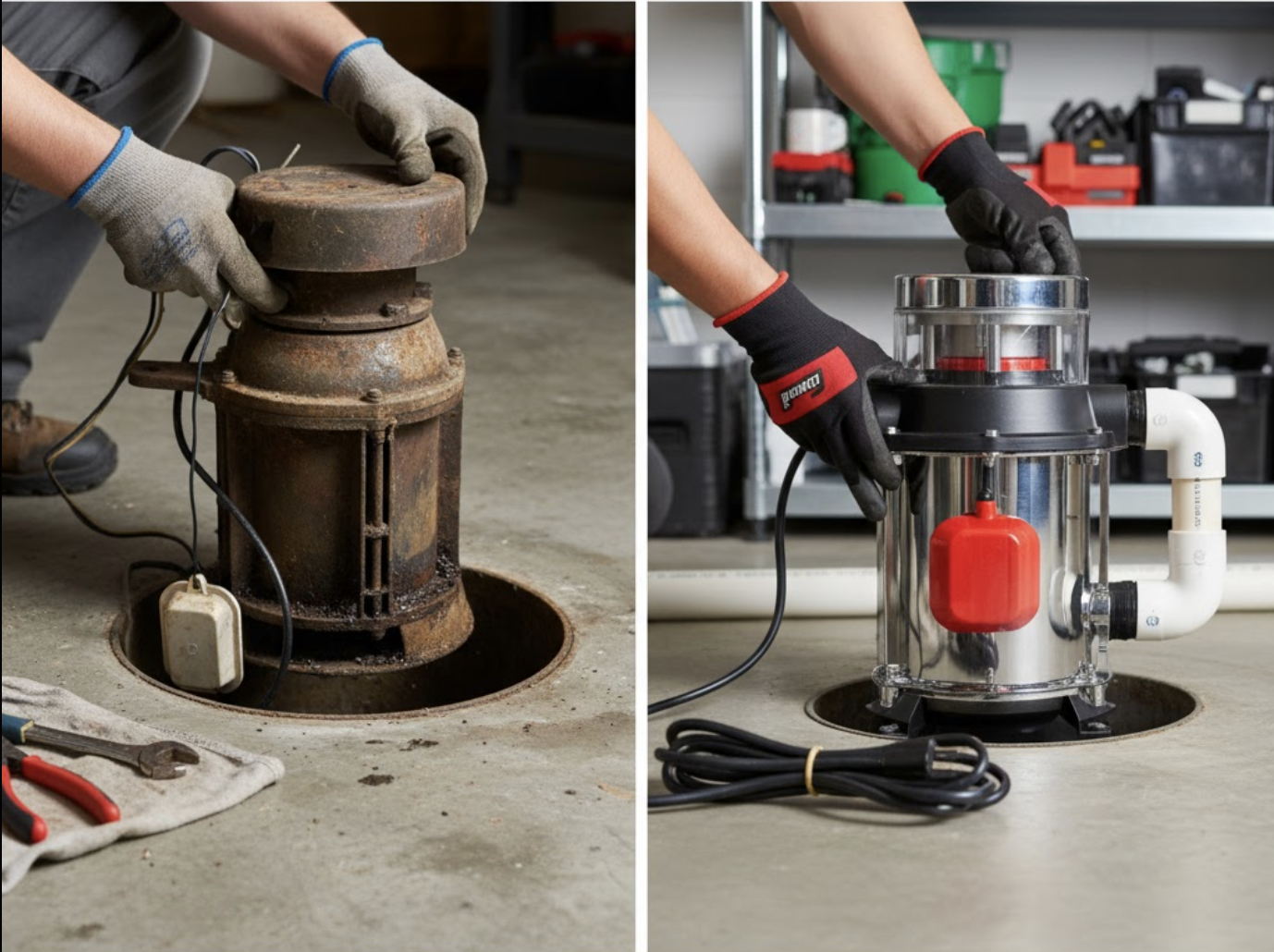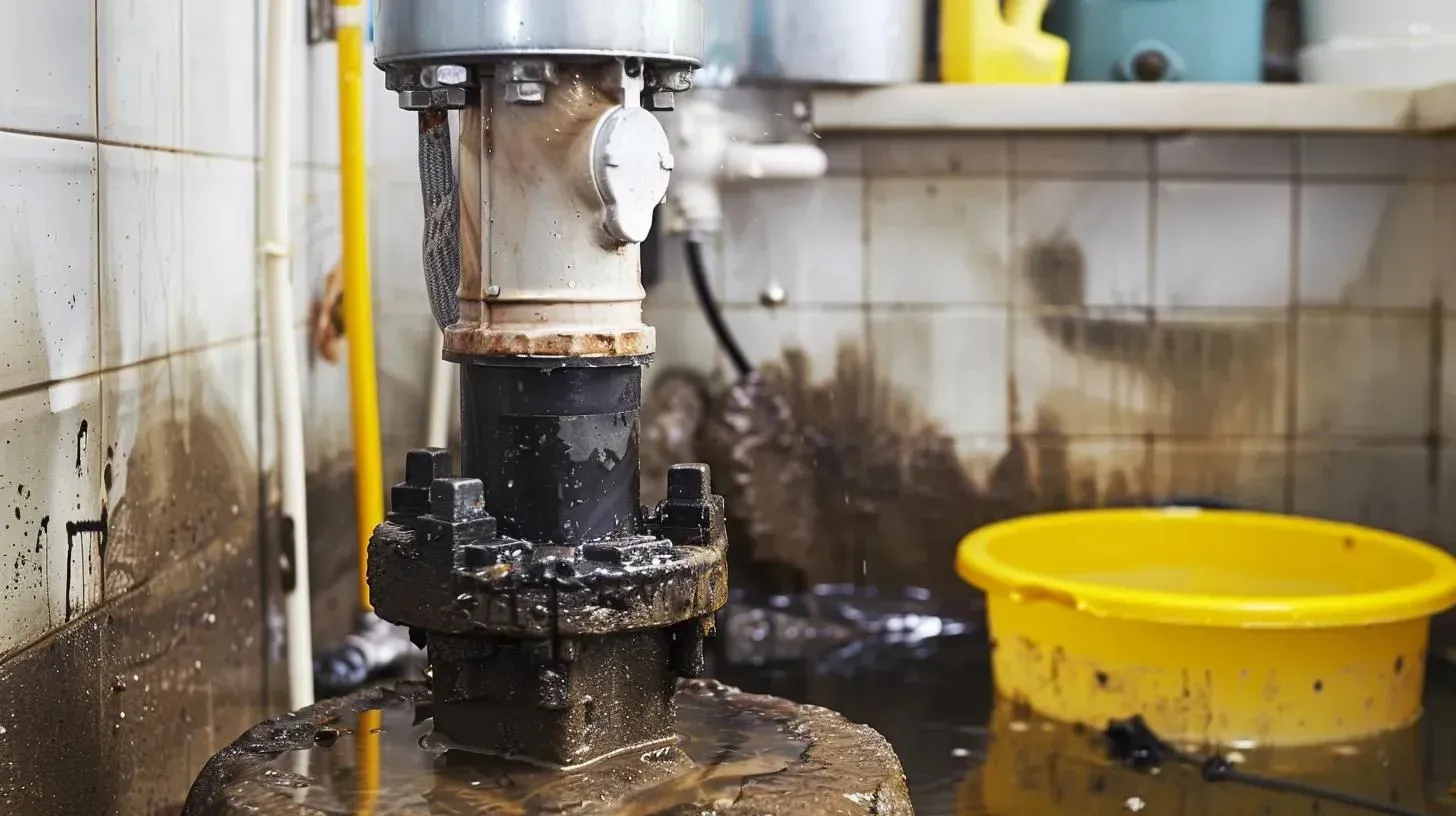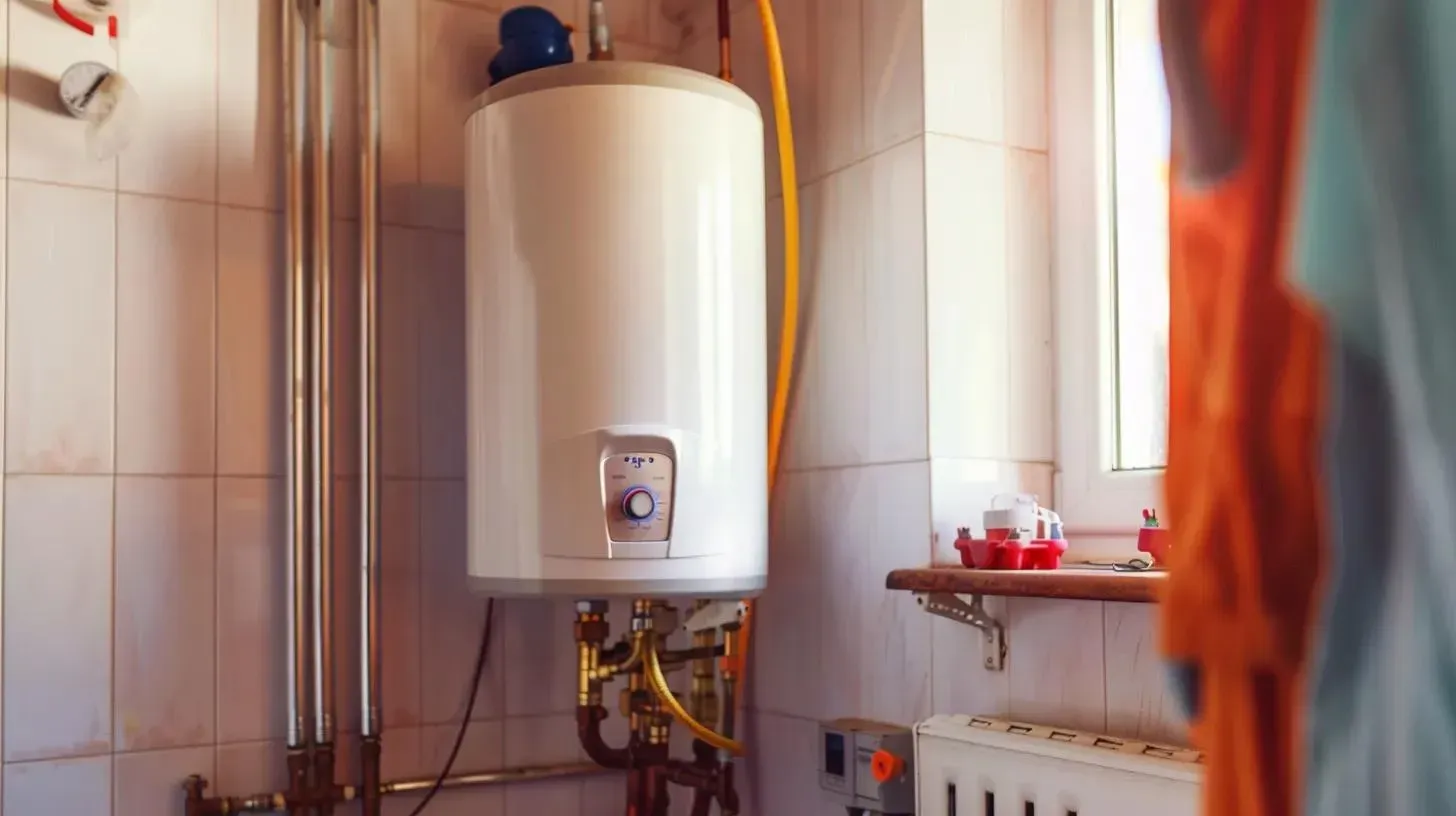Garbage Disposal Troubleshooting: No Power, Jam, Hum
Garbage Disposal Troubleshooting: How to Fix No Power, Jam, and Humming Issues

Nothing halts kitchen cleanup faster than a garbage disposal that won’t respond, grinds to a halt in a jam, or emits a persistent hum. This comprehensive garbage disposal troubleshooting guide explains why your unit has no power, how to clear jams safely, and what humming indicates. You’ll learn repair vs. replacement considerations, maintenance tips to prevent leaks and clogs, and brand-specific fixes for InSinkErator and Waste King models. If DIY steps fall short, trust Accountable Home Plumbing’s 24/7 Denver plumbing with Accountable Home Services for expert diagnostics, transparent pricing, and rapid response in the Denver Metro Area.
Why Is My Garbage Disposal Not Working or Has No Power?
A disposal with no power means the motor isn’t receiving electricity, often due to a tripped overload, unplugged cord, or circuit issue. Understanding these causes lets homeowners perform quick checks and determine when to call a professional electrician or plumber.
How Do I Check If My Garbage Disposal Is Properly Plugged In?
First, verify the power connection by ensuring the disposal’s cord is fully seated in the outlet beneath the sink.
- Inspect the outlet for scorch marks or loose wiring.
- Plug in a lamp or radio to confirm the outlet is live.
- If the outlet is dead, reset any nearby GFCI receptacles.
Confirming a secure plug prevents unnecessary service calls and often restores power immediately.
Where Is the Reset Button and How Do I Use It?
Most disposals include a red reset button on the bottom that trips under motor overload.
- Locate the button beneath the unit.
- Press firmly until you hear a click.
- Wait 10 seconds, then restore power at the wall switch.
Using the reset button resolves minor overloads caused by heavy loads or brief jams and often brings the disposal back online.
How Can I Test the Circuit Breaker for Garbage Disposal Power Issues?
When resetting and plugging in fail, a tripped breaker may be the culprit. Follow these steps:
- Open your electrical panel and locate the breaker labeled “kitchen” or “garbage disposal.”
- Switch the breaker fully off, then back on to reset.
- Test the disposal switch under the sink.
Resetting a tripped breaker is a common fix for power interruptions caused by short circuits or overload protection.
When Should I Call a Professional for No Power Problems?
DIY resets work for simple overloads, but call a licensed plumber or electrician if you encounter:
- Frequent breaker trips or fuse blows.
- Burnt wiring odor or visible damage.
- No power after resetting and testing the outlet.
Accountable Home Plumbing offers expert diagnostics and safe electrical repairs to restore functionality and prevent hazards.
How Can I Fix a Jammed Garbage Disposal?
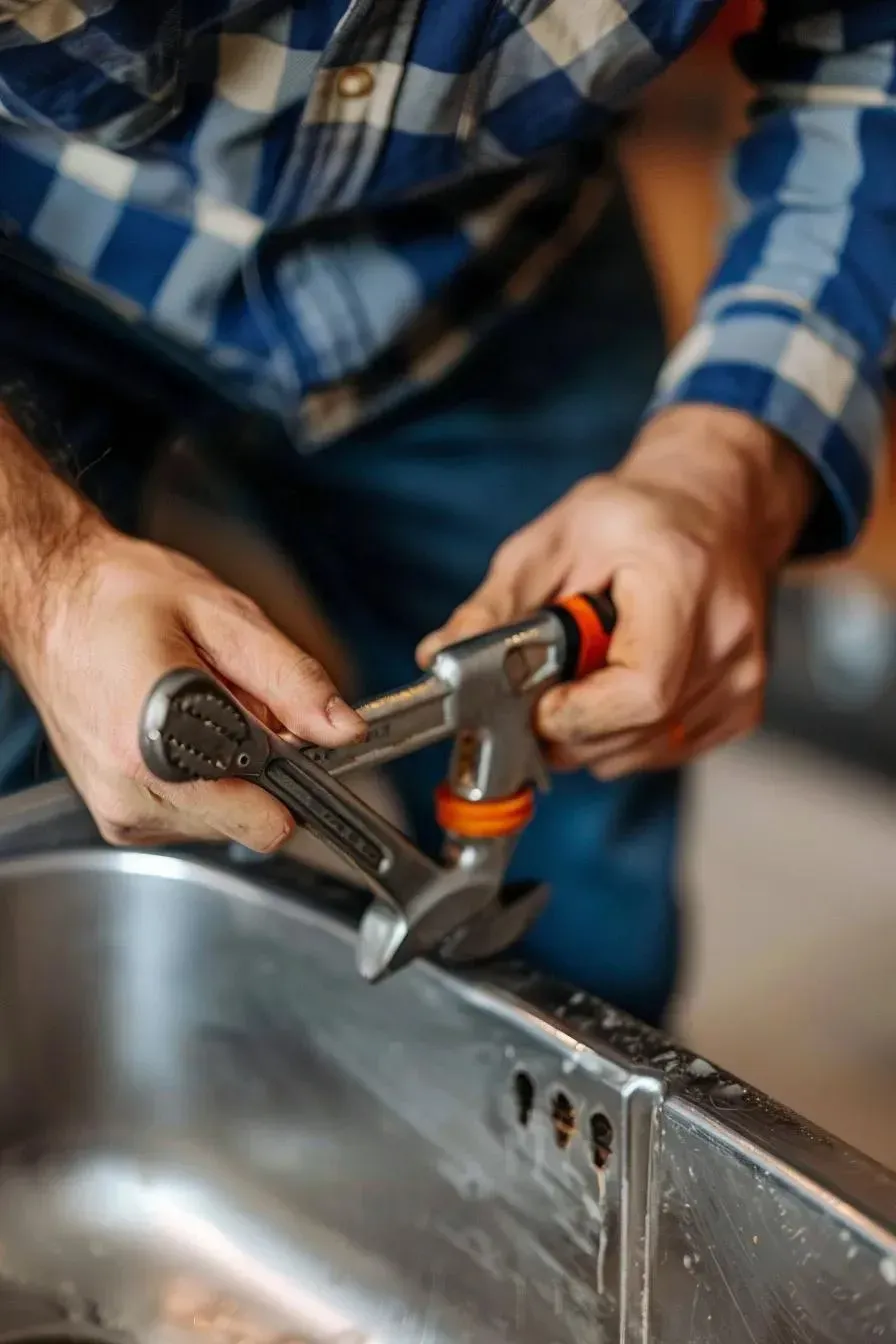
A jam occurs when hard objects or fibrous debris block the impeller, preventing rotation. Clearing jams safely restores grinding function without damaging the unit.
What Tools Do I Need to Unjam a Garbage Disposal?
Before starting, gather:
- A hex wrench sized for your model’s bottom socket
- Tongs or needle-nose pliers
- A wooden spoon or rubber-handled dowel
- A flashlight for visibility
Having the right tools ensures you can clear obstructions without risking injury or damaging components.
What Are the Common Causes of Garbage Disposal Jams?
Disposal jams result from:
- Small bones or fruit pits that lodge between blades
- Fibrous materials like celery or corn husks wrapping around the impeller
- Foreign objects such as cutlery or jewelry falling in
Identifying the source helps prevent repeat jams and informs safer use habits.
How Do I Safely Clear a Jam Using a Hex Wrench?
Follow these step-by-step instructions:
- Turn off power at the wall switch and unplug the unit.
- Insert the hex wrench into the bottom socket.
- Rotate back and forth to free the impeller.
- Use tongs or a wooden spoon to remove loosened debris from above.
- Restore power and test for smooth operation.
This method leverages the disposal’s designed reset socket to clear jams without disassembly.
When Is a Jam Too Severe for DIY and Requires a Plumber?
Seek professional help if you notice:
- Metal grinding sounds or sparks during DIY clearing
- Stubborn jams despite using the hex wrench
- Visible damage to the shredding ring or motor housing
A trained technician can disassemble, replace worn parts, and ensure safe reassembly.
What Does It Mean When My Garbage Disposal Is Humming But Not Spinning?
A humming disposal indicates the motor is powered but can’t turn the impeller, often from internal blockage or motor strain.
Why Is My Garbage Disposal Motor Humming?
Humming occurs when the motor is energized but stalled by:
- Food debris wedged between blades
- Foreign objects preventing impeller rotation
- Motor winding issues causing low torque
Recognizing a humming sound early helps avoid motor burnout and costly replacements.
How Can I Clear an Impeller Jam to Stop the Humming?
To free the impeller:
- Turn off power and disconnect the unit.
- Use a hex wrench at the bottom while looking inside with a flashlight.
- Rotate until resistance eases.
- Remove particles with tongs, then restore power.
This approach quickly resolves jams at the impeller level and silences the hum.
When Does Humming Indicate Motor Overheating or Failure?
Persistent humming despite clearing jams may signal:
- Internal motor winding damage
- Worn bearings causing drag
- Overheating due to repeated overload resets
If humming persists, power down immediately to prevent permanent motor damage.
What Are the Next Steps If Humming Persists After DIY Fixes?
When basic steps fail, schedule professional service to:
- Inspect and test motor windings.
- Replace bearings or rotor components.
- Recommend replacement if repairs exceed value.
Accountable Home Plumbing’s licensed technicians handle motor overhaul and safe unit replacement across the Denver Metro Area.
How Do I Decide Between Garbage Disposal Repair and Replacement?
Choosing repair vs. replacement depends on age, cost, and performance. A clear comparison ensures you invest wisely.
What Is the Typical Lifespan of a Garbage Disposal?
Garbage disposals generally last 10–12 years under normal use and maintenance. Beyond this, wear on the motor and shredding components justifies replacement.
Garbage Disposal Lifespan
Garbage disposals typically last for around 10 to 12 years with proper maintenance, but can fail sooner due to neglect or misuse. Regular cleaning and avoiding non-food items can help extend the unit's lifespan.
This source provides information on the average lifespan of a garbage disposal, which is relevant to the article's discussion on repair versus replacement.
How Much Does Garbage Disposal Repair Cost Compared to Replacement?
Garbage Disposal expenditures vary widely:
| Service Option | Average Cost Range | Benefit |
|---|---|---|
| Repair (motor, internal parts) | $200 – $230 | Restores function at lower cost |
| Replacement (unit + install) | $500 – $550 | New warranty, improved efficiency |
Garbage Disposal Repair vs. Replacement Costs
The average cost of garbage disposal repair ranges from $70 to $250, while replacement, including installation, typically costs between $250 and $600. Repair is often more cost-effective for newer units, while replacement may be better for older units.
Repair is cost-effective for recent models, while replacement offers long-term reliability and updated features.
What Are the Signs That My Garbage Disposal Needs Replacement?
Consider a new unit if you observe:
- Frequent and severe jams or hums despite repairs
- Leaks from the unit body or flange seals
- Motor fails to start after resets and professional fixes
Persistent faults and safety concerns outweigh repair costs for older disposals.
What Are the Benefits of Upgrading to a New Garbage Disposal?
Installing a new disposal provides:
- Enhanced grinding power for tougher debris
- Longer manufacturer warranties (3–10 years)
- Quieter operation with sound-insulation technology
- Energy-efficient motor designs
Upgrades reduce future service calls and improve kitchen safety and performance.
How Can I Prevent Common Garbage Disposal Problems Like Leaks and Clogs?
Routine care stops minor issues from escalating into expensive repairs or replacements.
What Are the Common Sources of Garbage Disposal Leaks?
Leaks often originate at:
- The mounting flange between sink and disposal
- The dishwasher or drain hose connection
- Worn body gaskets or seals around the motor housing
Identifying leak points prevents water damage and hidden moisture hazards.
How Do I Remove Drain Clogs Affecting My Garbage Disposal?
When water backs up:
- Use a sink plunger to clear minor blockages.
- Insert a plumber’s snake through the sink drain for deeper clogs.
- Flush with hot water and a half-cup of baking soda followed by vinegar overnight.
Effective unclogging restores flow without harsh chemicals that can harm seals.
What Routine Maintenance Tips Keep My Garbage Disposal Running Smoothly?
Implement these simple habits:
- Run cold water at full flow during and after use.
- Grind small, soft scraps first, then harder items.
- Flush with ice cubes and a citrus peel monthly to sharpen blades and eliminate odors.
- Avoid fibrous foods and grease.
Consistent maintenance extends disposal life and minimizes jams.
When Should I Schedule Professional Maintenance or Inspection?
Arrange routine inspection if you notice:
- Softer grinding performance or unusual noises
- Minor leaks that reappear after DIY sealing
- Frequent partial jams causing motor strain
Preventive plumbing service from Accountable Home Plumbing identifies early wear and secures components before failure.
How Do I Troubleshoot Brand-Specific Garbage Disposal Issues?
Different brands have unique designs and common fault patterns. Tailoring your approach saves time and prevents incorrect fixes.
What Are Common Problems with InSinkErator Garbage Disposals?
InSinkErator units frequently encounter:
- Reset button trips under overload
- Jammed impellers from bones or hard scraps
- Leaks at the sink flange due to loose mounting
Common InSinkErator Problems
InSinkErator disposals frequently experience issues such as reset button trips, jammed impellers, and leaks at the sink flange. Specific reassembly instructions and replacement gasket kits can streamline repairs.
Specific reassembly instructions and replacement gasket kits streamline InSinkErator repairs.
How Do I Fix Waste King Garbage Disposal Not Working or Jammed?
Waste King models often hum when:
- Motor overload protection requires reset
- Debris lodges in the flywheel groove
- Dishwasher inlet valve malfunctions
Waste King Disposal Troubleshooting
Waste King models often hum when the motor overload protection requires reset, debris lodges in the flywheel groove, or the dishwasher inlet valve malfunctions. The motor is not repairable and requires replacement.
Using the right hex wrench size and following Waste King reset protocols reduces repair time.
Where Can I Find Official Support and Parts for My Garbage Disposal Brand?
Manufacturer resources include:
- InSinkErator’s online parts store and how-to videos
- Waste King’s technical support hotline and replacement kit listings
- Authorized dealer networks for model-specific gaskets and components
Accessing genuine parts ensures safe repairs and upholds warranty coverage.
What Are the Most Frequently Asked Questions About Garbage Disposal Troubleshooting?
Homeowners often search for answers to these core queries:
- Why is my garbage disposal humming but not working?
- How do I reset my garbage disposal safely?
- What should I do when my garbage disposal is jammed?
- When is it time to call a plumber for disposal issues?
If these DIY steps don’t resolve your problem, professional assistance ensures safe, reliable repairs with upfront pricing and 24/7 availability.
Accountable Home Plumbing’s expertise in kitchen plumbing means faster resolutions and fewer repeat visits. Whether you need a simple reset or a full replacement, our licensed technicians deliver transparent quotes and durable workmanship. Serve your household with an efficient disposal—schedule service today to keep your kitchen running smoothly.

